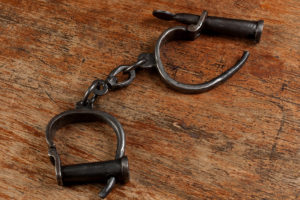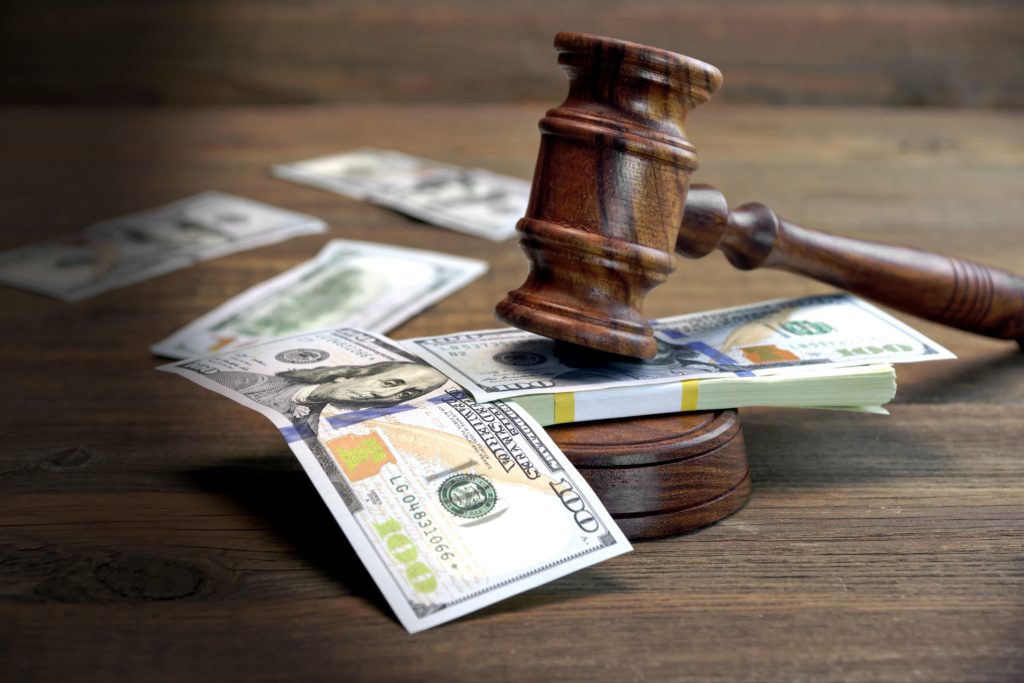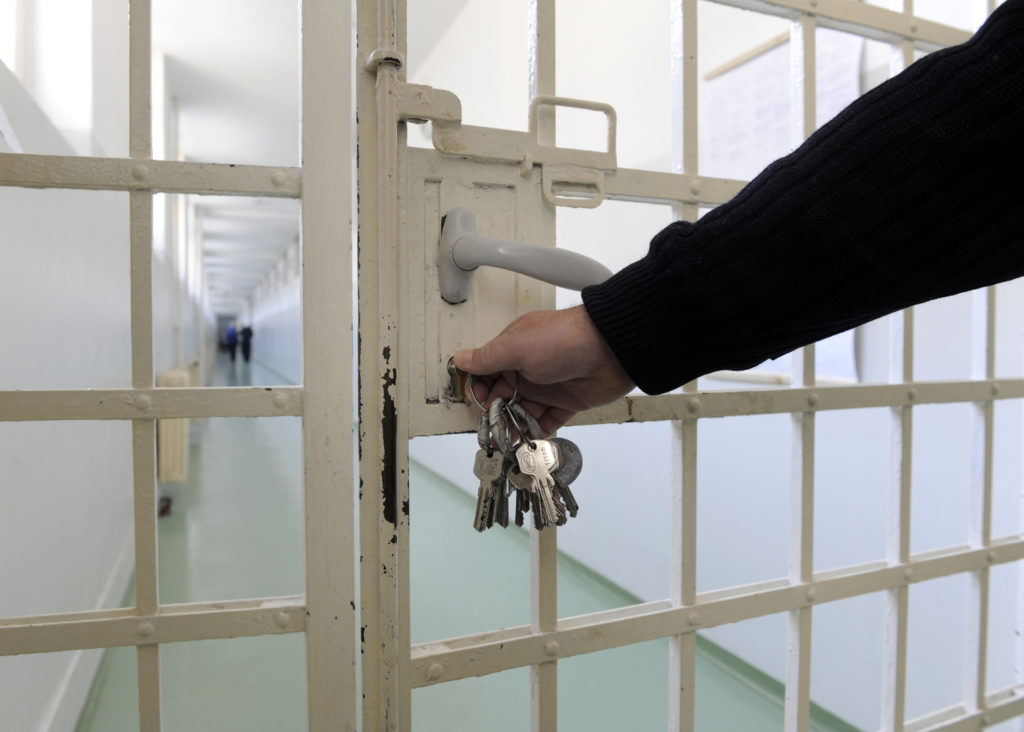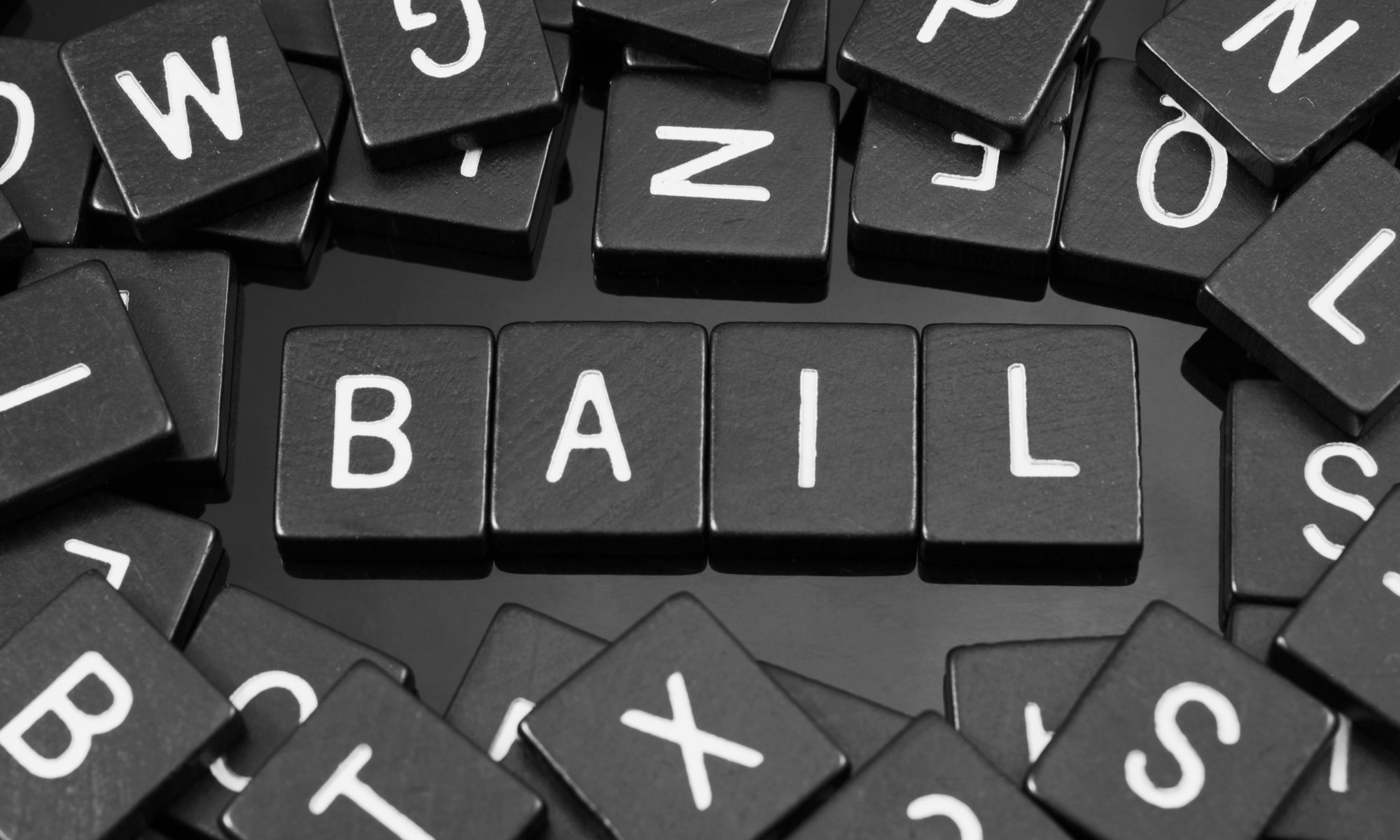
If you read our previous blog, you’ll know that the current U.S bail bonds system is hundreds of years in the making. Ever since the 1400s (and perhaps long before that), bail bonds have been used to guarantee freedom for an individual based on the cash that they have. While we love the work that we’ve done for our community and our clients, we admit that the system is inherently flawed. Many people seem to agree, and change seems to be in the air for the bail bonds system. Here’s how the system may change in the future.
Algorithm-based Risk Assessment
If the name sounds a bit crazy, we don’t blame you. When you hear the word algorithm, you probably associate it with a computer program or social media. But now algorithms can be used in the justice system, too. In California, the cash bail bonds system is being overhauled in favor of this new assessment, which uses various factors in your case to determine if you are likely to show up for court. This sounds good initially until you learn that judges have total discretion, so the biases against minority groups are made even worse in this system. A judge can simply claim that someone is a risk, and can hold them indefinitely. While the intent of this change is good, the implementation is very poor.
Non-Profit Support
Some non-profit groups are simply agreeing to pay bail for clients, and will work with them to make sure they go to court. This includes calling and texting clients for reminders, as well as providing transportation for those who can’t make their court date. Often, people plead guilty regardless of their actual guilt because they cannot afford bail. These non-profit organizations give individuals a chance to fight for their case, but it remains to be seen how this will expand to a national level. They have seen tremendous success though, with only 4% of people missing their court date in these types of programs.
Best Bail Bonds in El Paso
We understand how the system can feel as though it is stacked against you. If you or a loved one is in need of assistance, Freedom Bail Bonds is there to help. Contact us today so we can get you out!

 If you find yourself in a position of needing to bail out yourself or a loved one, you know just how tricky and convoluted the process can be. It’s never as simple as they make it out to be on TV. If you need to bail out a loved one, knowing these five facts about bail bonds can help you better prepare for the situation ahead. At
If you find yourself in a position of needing to bail out yourself or a loved one, you know just how tricky and convoluted the process can be. It’s never as simple as they make it out to be on TV. If you need to bail out a loved one, knowing these five facts about bail bonds can help you better prepare for the situation ahead. At 
